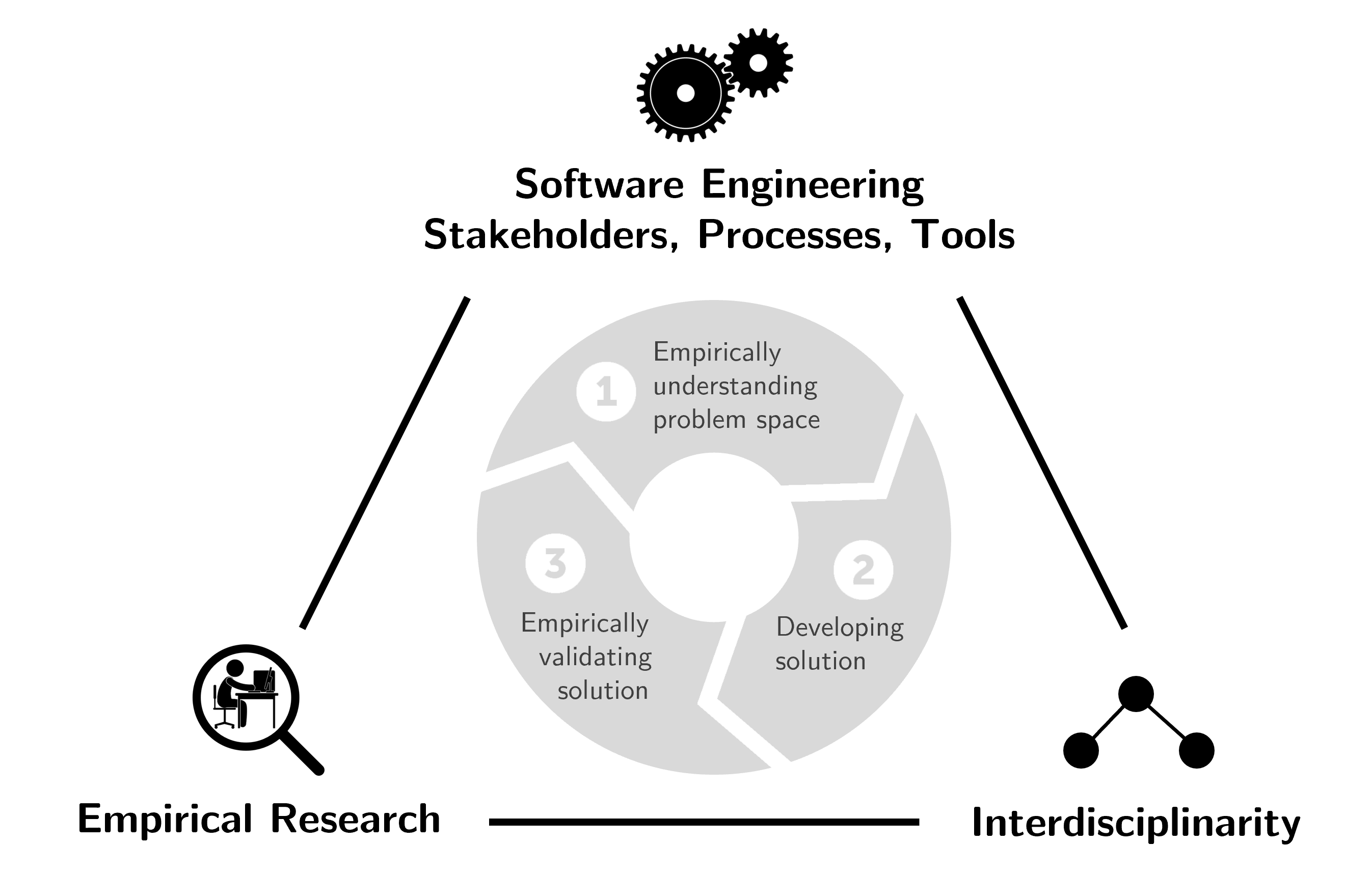GenAI DDoS attacks?
Are GenAI vendors DDoSing websites?

Hi, my name is Sebastian Baltes,
I am a Professor of Software Engineering at the University of Bayreuth, Germany, where I lead the Software Engineering Group. I am also an Adjunct Professor at the University of Adelaide, Australia, where I previously worked as a Continuing Lecturer of Software Engineering. Before moving back to academia, I worked in the software industry for 3.5 years, first as a Senior Software Developer at QAware GmbH and then later as a Principal Expert for Empirical Software Engineering at SAP SE.
My research falls into what I call the triangle of empirical software engineering. From the beginning of my career, I have been interested in leveraging empirical research to study phenomena in software engineering practice, with the goal of deriving actionable insights and requirements for better tool support. I have experience doing this both in academic and industrial contexts. As a Principal Expert for Empirical Software Engineering at SAP, I regularly utilized empirical research methods to identify problems with existing software development processes and tools, intending to derive guidelines and novel requirements. With the resulting knowledge, I led the development of tool prototypes or recommendations to address the identified issues. A logical next step is usually to empirically validate the suggested solutions and then adapt them if required. Most research projects I work on have an interdisciplinary angle, including my previous work with connections to psychology, law, social science, and management. After moving back to academia, I now continue this line of work at the University of Bayreuth with a strong focus on academically excellent but practically relevant research.

The guiding theme of my research has always been the idea that thoroughly analyzing and understanding the state-of-practice is an essential first step towards improving how software is being developed. Too often, we still see decisions in software projects being opinion-based rather than data-informed. My work on test flakiness in collaboration with SAP is a great example for empirical research influencing decision-making in practice. My considerable industry experience helps me to balance the perspectives of (academic) researchers, software engineering practitioners, as well as other stakeholders. My research focuses on problems that I consider relevant for software practitioners. In addition to that, I put effort into communicating scientific results back to practice by giving talks in user groups, companies, as well as using other channels such as social media. You can find more information about my research on the research page.
Consider submitting to the Empirical Software Engineering journal, where I'm a member of the editorial board.
Are GenAI vendors DDoSing websites?
Every career path looks different
How to do science communication in times of hype?
We won’t regulate ourselves out of the current crisis
Paper preprint on rethinking trust in AI assistants for software development